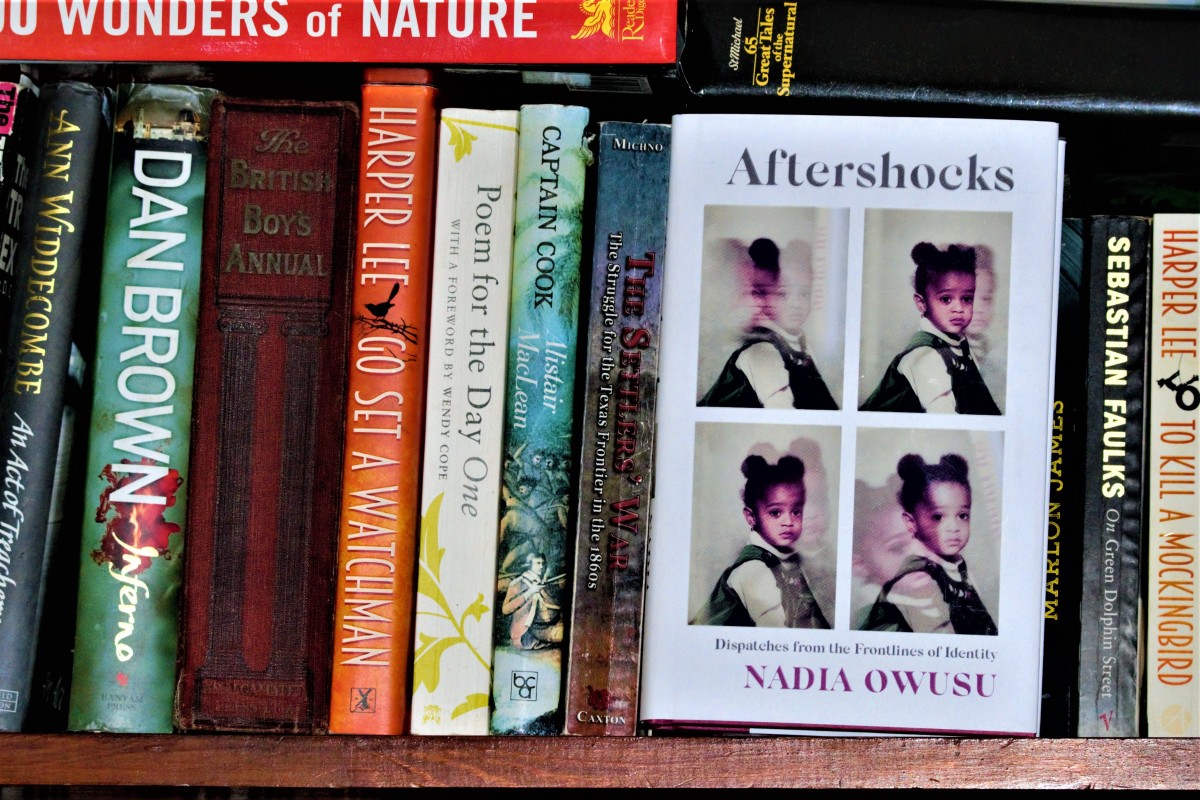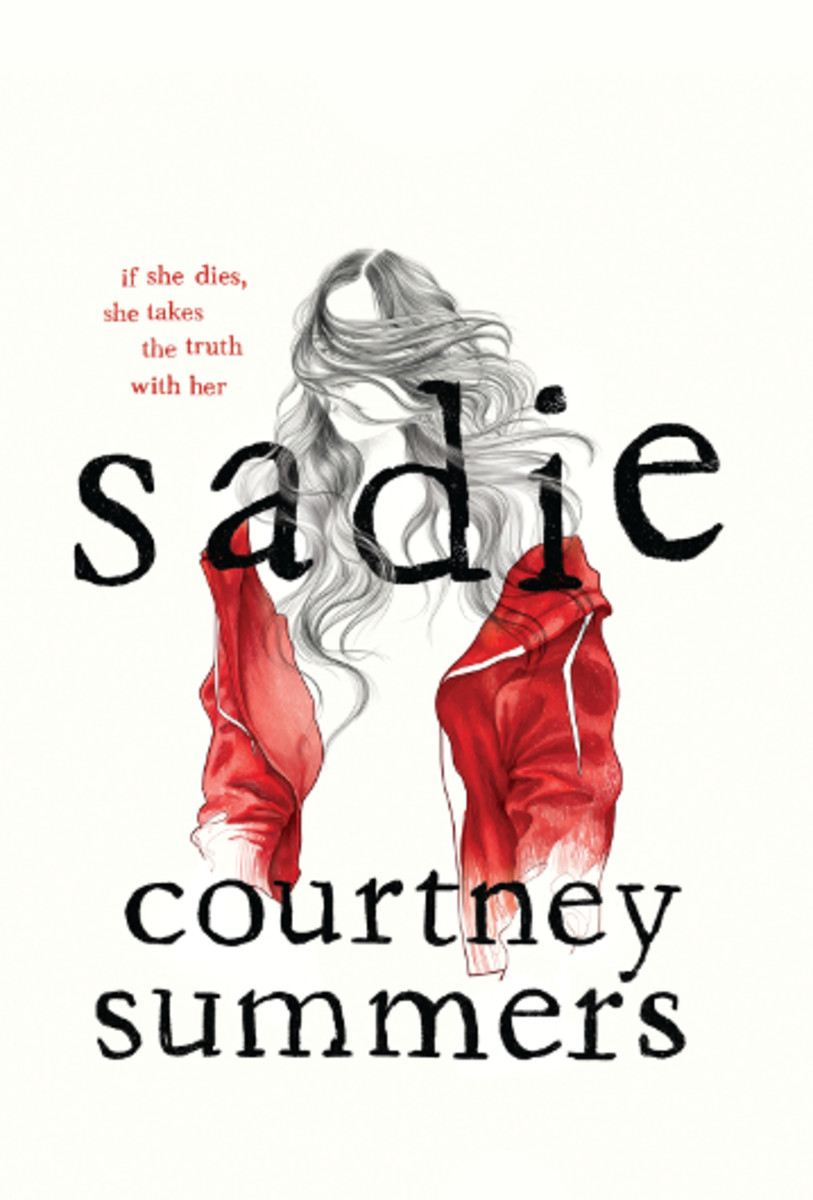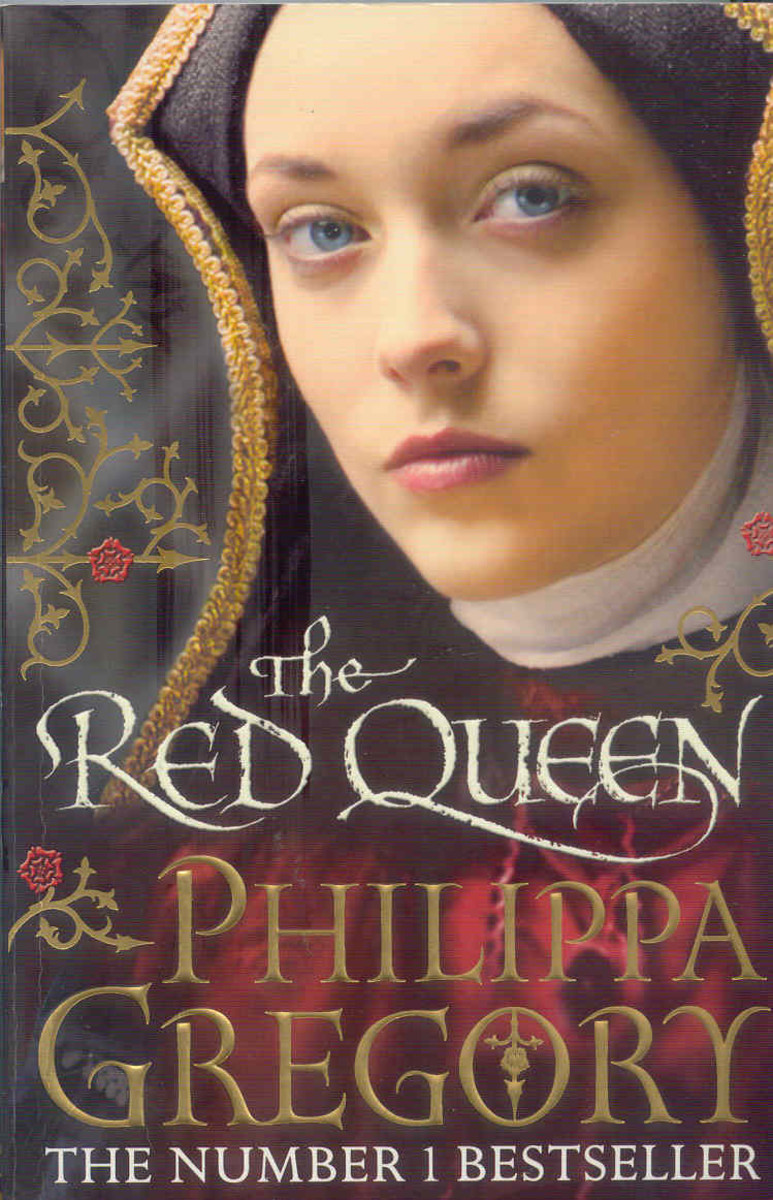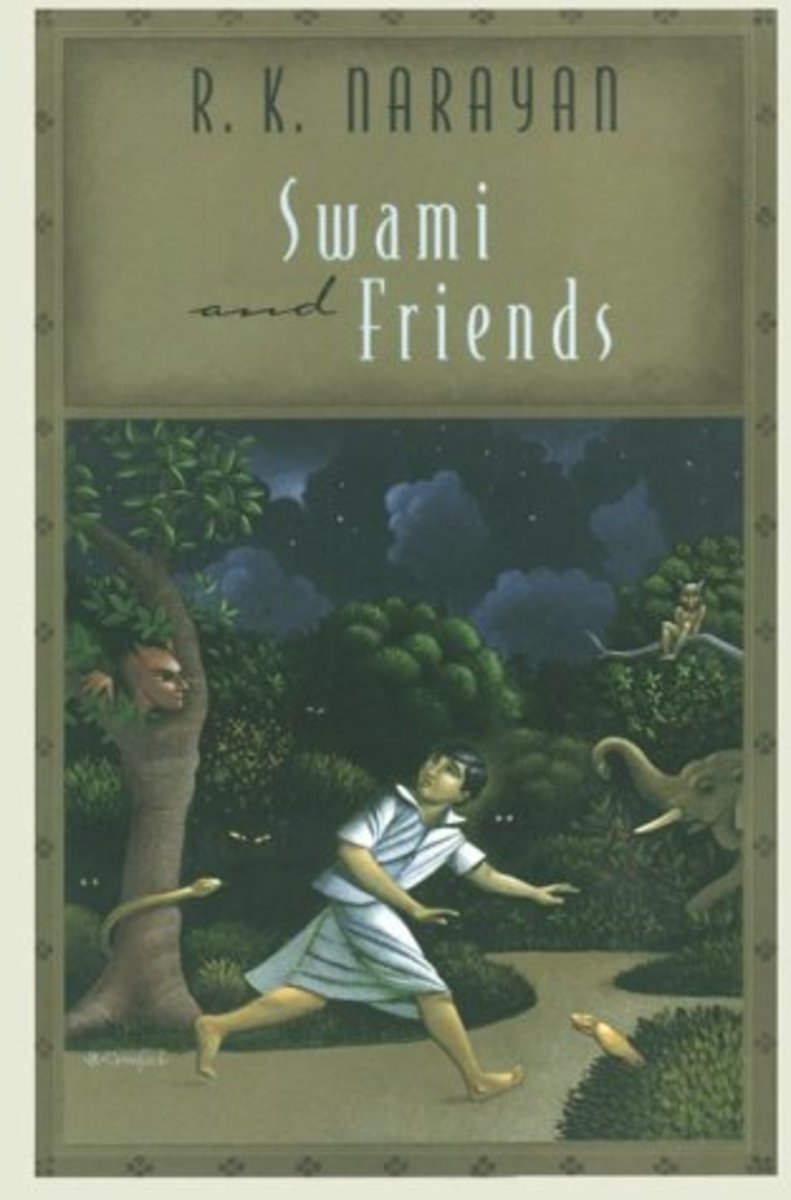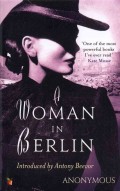Yellow Crocus by Laila Ibrahim-a Book Review
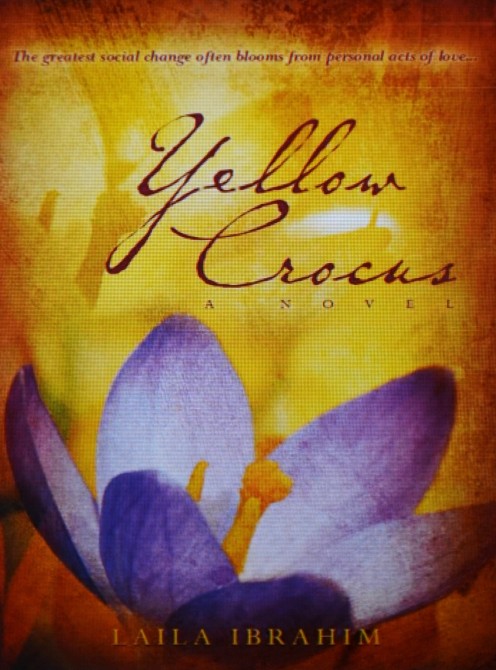
This book contains subject matter that has been exhaustively covered by thousands of authors and presented in books, stories, plays and essays in almost every conceivable form. But Ms. Ibrahimv has managed to delve into the painful, volatile heartrending issue of slavery with a new perspective that opens a door into an area not seen before. Slave or free, old or young, black or white does not change the root of a woman’s heart. This book brings forth the longings and surrenders of women who are mothers and how they unconditionally love the children brought forth from the womb or adopted by the heart.
The book opens with a scene the reader will not forget. Mattie is a slave and a new mother, breastfeeding her three month old son when she is called away to the Master’s house where the white owners gather for a new birth. There Mattie is called upon to wet nurse the master’s new infant granddaughter after a difficult delivery. “Well bred women do not nurse their babies” sneers the grandmother and Mattie is sent off with the newborn. She cleans blood and afterbirth from the child and looks at her with hatred. Miss Elizabeth has taken the milk destined for Mattie’s own child, Samuel. Yet, she has no recourse but to feed and care for the baby. She sings the old slave songs to her charge and longs to hold her own sweet son and Elizabeth grows up knowing many "improper" songs that comfort her when she is later lonely and afraid.
As time goes on, Mattie becomes accustomed to life in the big house. She has been given nice clothing to wear and even a nightgown. She has everything she could ask for except her own child to feed. Then one day Mattie discovers she can see Samuel from the bedroom window when the old slave “Poppy” carries him out to the slave who now feeds him her own breast milk. She is elated just to catch sight of his curly black hair and to know Samuel is still alive and well.
Three months go by and Mattie has fallen in love with her charge though she attempted to harden her heart against the infant. Mattie is finally allowed to visit her family in the slave quarters and leaves the baby, but feeds her first so she will not be called back to care for the hungry girl. Once in the joyful embrace of her friends and family she discovers Samuel, now six months old, prefers the wet nurse and her heart is broken. She works for a very long time before he will receive nourishment from her but he finally takes Mattie’s milk and her maternal longing is fulfilled at last.
Back at the big house, she is ordered to bring Miss Elizabeth to her visit in the parlor and the white child also rejects her own mother, Mrs. Ann. Mattie begins to see how a child bonds with the one who provides care and nurturing, responding to love over blood. Mrs. Ann feels great pain and disappointment but submits to her mother-in-law’s orders. Two women, who are polar opposites, are presented with the same challenges and sorrows.
Mattie lives for the precious moments when she can be with her husband Emmanuel, who lives on another plantation and her sweet boy who is growing up without her. Yet she adores Miss Elizabeth and is greatly distressed to learn Mrs. Ann is expecting another baby. This means she will be separated from the little girl and become wet nurse to the new baby. When that awful time arrives, Mattie and Miss Elizabeth are both devastated. Mattie is forced to listen while the child screams until her throat is too raw to make any more sound.
When Elizabeth falls ill and almost dies, Mrs. Ann locks the doors and secretly offers her own newly filled breast to the child. She is too weak to suckle so the desperate mother expresses milk drop by drop into the sick child’s mouth and feel like her mother for the first time ever. Yet she whimpers for her Mattie so Mrs. Ann gives up and allows her to be given back to the woman’s care. Mrs. Ann and Miss Elizabeth are never close again.
As the story progresses, Mattie, Miss Elizabeth, Samuel and Emmanuel are drawn into circumstance out of their control. Lives are lost and some relationships will be damaged beyond redemption as choices and consequences collide. Mattie never loses the desire to spend time with her son and devises ways to bring him into her reach. She finds a secluded location where Miss Elizabeth can study in privacy and the girl teaches the slave boy to read and write, innocently betraying her parents and breaking the law. It was illegal for slaves to read and write and the teacher could be imprisoned for such an offense, white or black..
Samuel is growing fast into a young man and Miss Elizabeth into a young lady. Mattie knows a friendship between the two would be fatal to her son who was been sent to the fields at five years old, carting water to the laboring slaves. She forces them apart and stresses to the girl that her just touching Samuel’s arm would result in his being violently killed.
Mattie and Elizabeth are forced to watch while Samuel is targeted for sport by a white boy and his friends but Elizabeth is smart and diverts their attention from the frightened slave. It is a eye opening moment for Elizabeth who sees how helpless slaves are over their own lives. But her father and mother teach her that without owners, the Negroes would be left without care; that they need overseers and owner to survive and she slips back into coddled blindness.
The children grow and so does Emmanuel’s desire for freedom. He is constantly at Mattie to run for Ohio where they can live as freemen but she wants to wait. Then Samuel is sold off the plantation and her anguish is unbearable. Samuel is finally allowed to visit and Mattie is appalled at the change in him. He is dejected, withdrawn and subjugated. When Samuel and Emmanuel disappear, Mattie is questioned despite her denial of knowledge. The interrogation leaves her scarred physically and mentally. Her owner gives permission for Mattie to be punished; the only prohibitions are that she is to have no lasting disabilities from the whipping and is not to be sexually assaulted. He didn't want her to return carrying a child because it would interfere with her work performance.
Mattie is filled with fear and knows her position as Elizabeth's nurse bought her no special treatment. She is viewed as property and not as a human being. Mattie now wants to run but finds she is unable to make the journey to freedom and to her husband and child. She is pregnant anyway by her husband Emmanuel. Will she gather courage enough to flee taking what little she has left to save or will she allow another child to grow up in the same inhuman conditions? The choice is hard and the consequences harder. To save herself and her children, Mattie must betray the white child that she loves and has nurtured from birth or choose a white child's welfare over the ones she gave birth to.
Meanwhile her love for Elizabeth gives her little succor because they have been separated and Mattie is sent to the fields to work. Elizabeth becomes ever more drawn into society and leaves her loyalty to Mattie behind with her childhood. Then a chance direction becomes a terrible experience for the young woman and she realizes just how helpless a slave really is in a world where one’s own flesh belongs to another. She, like Mattie, makes choices that forever alter her life.
As years pass by, both women think about the other constantly and yearn for the love they once knew. But their lives have taken paths that can never intersect again. Even if they reconnect, black women and white aristocracy could never mix or be friends. Or perhaps they can. God is love and He brings the lost home and places them in a family (Psalm 68:6).
This is a book that stands firm and proud on its considerable merits in a market glutted with superficial nonsense. While some passages are painful to read, the love between mother and child, woman and man, master and slave is inspiring and validating. Yellow Crocus is highly recommended for its integrity and I give it all the stars in the sky because 5 just are not enough.

